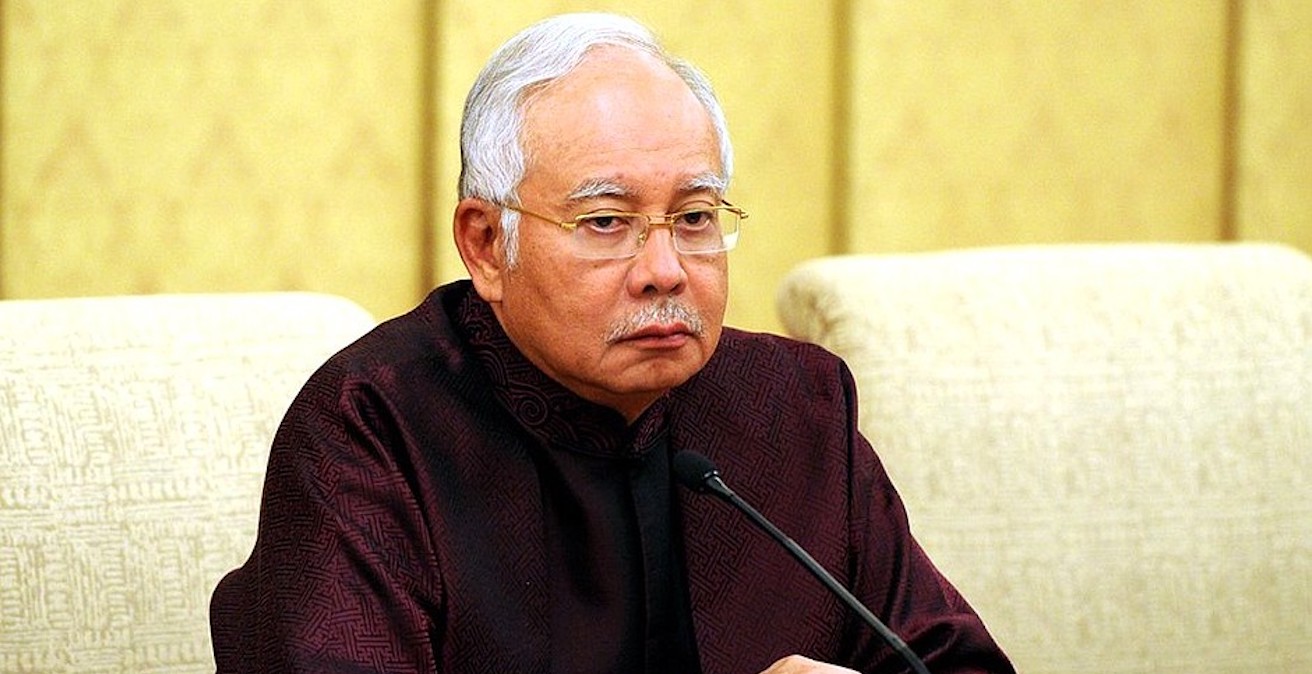AUGUST 23, 2022 has proven to be a critical day for Malaysia that divided the country into two camps: those who asked “What’s next for Najib?” and those who asked “What’s next for Malaysia?”
Those who asked “What’s next for Najib?” have pledged that the “Malu apa bossku” movement will fight on without realising that the “Malu apa bossku” phenomenon is a Malaysian abomination that had actually done a great disservice to Datuk Seri Najib Razak himself.
Meanwhile, those who asked “What’s next for Malaysia?” see hope that Malaysia is not condemned to be a kleptocracy and a failed state.
August 2022 had been a special month for the country, as many momentous events had occurred.
First, a former prime minister was sent to jail for the world-infamous 1MDB scandal, which a former US Attorney-General had described as “kleptocracy at its worst”.
Secondly, the Public Accounts Committee (PAC) report, the declassification of the Special Investigation Committee on Public Governance, Procurement and Finance’s (JKSTUPKK) report and the Alliance IFA (M) Sdn Bhd report on the littoral combat ship (LCS) scandal have shown it is no longer possible to hide massive scandals and kleptocracy in Malaysia.
Thirdly, the vindication that the political miracle of May 9, 2018 in the 14th General Election (GE14) which ended the UMNO-BN political hegemony was no “fluke”. Rather it was the first step in a long journey to bring about a new Malaysia.
Despite the fact that the Pakatan Harapan government was toppled by the Sheraton Move after a mere 22 months, it ignited a flame that should be kept alive by a new generation of idealistic and patriotic Malaysians.
Fourthly, the death of Dr Chen Man Hin, the founding Chairman of DAP, who paid a heavy personal price to lead a sublime life of dedication to justice, freedom and dignity for all Malaysians, regardless of race or religion.

In the month of August 2022 three great issues dominated the country – the supremacy of the rule of law, the independence of the judiciary and good governance in the battle against corruption.
Malaysia believes in the doctrine of separation of powers among the executive, legislature and the judiciary.
Over the last half of a century of the nation’s existence, there had been a powerful Executive at the expense of both Legislature and Judiciary, with the country losing out to one country after another in various fields of human endeavour.
I told a former judge at Dr. Chen’s wake that the country has come a full circle and that it is now up to the judges to save the founding nation-building principles of the country especially with regard to the rule of law, the doctrine of separations of powers and good governance.
A few days ago, I met Tun Daim Zainuddin who expressed regret that the report of the Council of Eminent Persons, of which he was Chairman, had not been made public.
Daim is on record saying that the New Economic Policy (NEP) should evolve into a national development policy that is focused on a needs-based approach as opposed to a race-based approach.
He said that although the NEP had its successes, its policy is now rife with shortcomings and abuses.
“It is time for a new approach, to start afresh and truly change the lives of those amongst us who are not reaping the rewards of national development. The difference is that we must now target those amongst the rakyat who need assistance the most,” he said.
“We can no longer allow Bumiputera interventions to continue to enrich those among us who have benefited from these policies, yet continue to take advantage of loopholes in the policies, to continue enriching themselves at the expense of those who need help.
“We must also acknowledge that although Bumiputeras are indeed disproportionately represented amongst the poor, other races too are deeply affected by poverty and low standards of living.”
For the record, I said the very same thing half a century ago in Parliament in Feb 1971.
The former science adviser to the prime minister, Ahmad Zaharudin Idrus, is of the view that Malaysia had been held back by bureaucracy and corruption – with corruption having seeped into Malaysian bureaucracy at all levels.
In the past half-a-century, Malaysia lost out to Taiwan, South Korea, Singapore, Hong Kong and Vietnam.
Will we lose out China and Indonesia before the end of this decade in the annual Transparency International (TI) Corruption Perception Index (CPI) or TI Global Defence Integrity (GDI) Index?
Will we lose out to more countries in economic development, even to Indonesia and the Philippines, come 2,040 or 2,050?
These are the questions which troubled those who ask “What’s next for Malaysia?” but not those who asked “What’s next for Najib?”. – Aug 24, 2022









